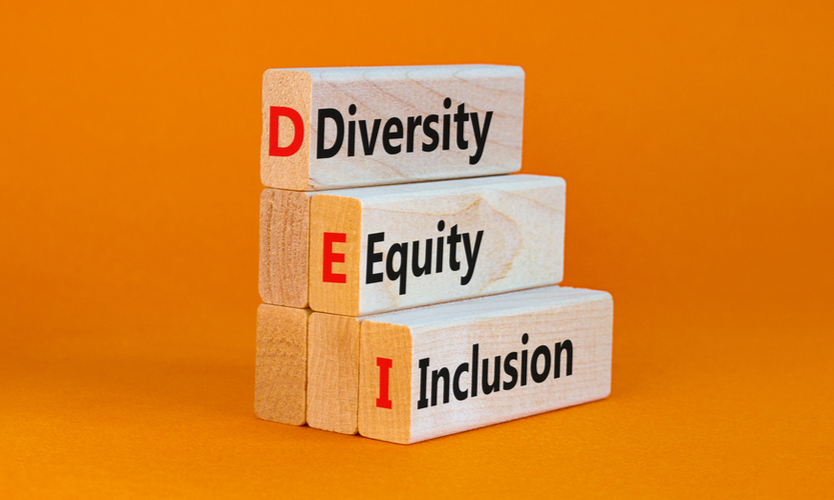DEI initiatives need executive buy-in to succeed: Panelists
- June 19, 2025
- Posted by: Web workers
- Category: Finance

NEW YORK – Organizations must commit to addressing inequities and secure the buy-in of senior leaders to drive real progress on corporate diversity, equity and inclusion initiatives, a panel of leaders said Thursday at the Business Insurance Diversity, Equity and Inclusion Institute’s annual DEI Leadership Conference.
Amplifying the skills and capabilities of diverse talent is critical as companies look to attract and retain employees amid the current politically divisive climate, they said.
“DEI is the right thing to do, not only from a business perspective in terms of profitability but also just the humane thing to do today,” said Michael Chang, head of corporate risk & broking at Willis Towers Watson PLC.
Despite notable events, such as the murder of George Floyd and the U.S. Supreme Court’s 2023 decisions on education, which have raised DEI concerns among the general public, there’s been a lack of significant progress on DEI in the insurance industry, Mr. Chang said.
In the Students for Fair Admissions cases last year, the high court effectively ended affirmative action in college admissions.
More broadly, many organizations used these events as a way to either get rid of chief diversity officers or as a cover for political correctness rather than genuine commitment to DEI, he said.
“Some of the political divide that we’re having today in our country is challenging a lot around diversity, equity and inclusion. We’re all in this together, no matter what you believe,” Mr. Chang said.
DEI strategies must be inclusive and involve all levels of an organization, not just diverse leaders, said Trevor Gandy, global head of diversity, equity and inclusion at Axa XL, part of Axa SA.
A comprehensive approach that includes culture, workforce, marketplace and community is needed, Mr. Gandy said.
“Whether it’s the majority male CEO toward the 18-year-old you brought in as an intern, if they don’t see that DEI actually makes it better, actually includes them, it will never manifest as something that’s significant,” Mr. Gandy said.
Negative perceptions and assumptions about DEI hires have to be broken down, said Dwight Williams, national account director within the management liability practice at Risk Strategies.
“There’s often an assumption that in order to get a diverse candidate, you have to sacrifice skill and talent. They are not mutually exclusive. It’s and, right? You can have a diverse candidate who meets all the criteria in terms of that skill set and leadership performance,” Mr. Williams said.
It’s a “maturation process” for the industry to get over that first hurdle, he said.
“If the middle-aged white man can’t buy into the argument, and they feel as though perhaps they are being disenfranchised, or somehow their job is at jeopardy because it’s going to be given to someone who is perhaps not qualified because they’re diverse, then the whole equation falls apart,” he said.
Creating relationships and opportunities for diverse talent to thrive and progress is key, and senior leaders should be encouraged to actively sponsor and advocate for diverse employees, the panelists said.
“It requires strategy. It requires some deep thinking about what’s working, what’s not working, but if you have the right people to help get behind it you actually see progress,” Mr. Gandy said.
Setting diversity targets can be helpful but won’t necessarily change behaviors, panelists agreed.
Numbers alone don’t tell the whole story, Mr. Williams said. “There’s got to be a paradigm shift in the way we think about this,” he said.
“When you force somebody to do something, they’re not doing it because they believe it’s the right thing to do,” Mr. Chang said.



